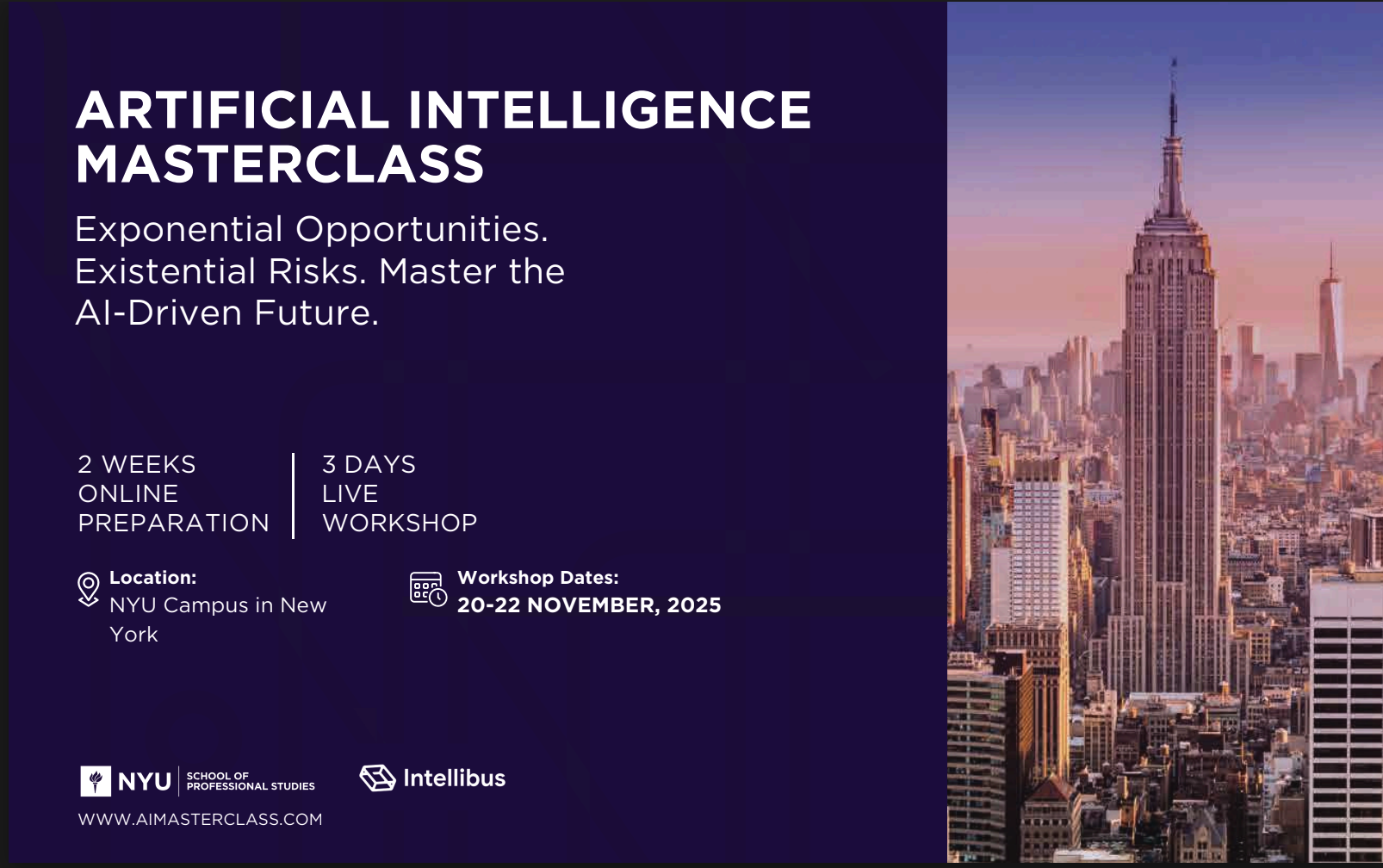What is Industrial Automation?
Understanding Industrial Automation Software
In the contemporary world of manufacturing, Industrial Automation Software (IAS) plays a crucial role. It refers to computer-based systems designed and commercialized to automate a wide range of industrial processes, enhancing efficiency and productivity while reducing manual intervention. This software is often created for a general market and caters to an extensive array of applications compared to specialized software developed for a specific user or firm.
Key Characteristics of Industrial Automation Software
Industrial Automation Software exhibits several distinctive features:
Widespread Accessibility: Industrial Automation Software can be purchased directly from the software provider or via a range of digital channels, enhancing its commercial reach.
Standardized Functionalities: These applications are characterized by a specific set of features and capabilities, meticulously crafted to cater to the vivid needs of a diverse range of industries.
Vendor Support: The responsibility of software updates, maintenance, and customer assistance lies with the software vendor, ensuring continuous, smooth operations.
Cost-Effectiveness: Generally, IAS tends to be more affordable compared to the development and implementation of a specialized software solution, especially for typical industrial applications.
Limited Customization: Industrial Automation Software is typically deployed with negligible alterations or customizations apart from necessary configurations.
Industries like manufacturing, logistics, energy, and utilities widely use Industrial Automation Software for its reliable performance, affordability, and immediate availability.
Effective Implementation of Industrial Automation Software
Successful implementation of Industrial Automation Software requires a systematic approach. It involves meticulous analysis of organizational requirements, careful selection of the most suitable software solution, followed by cost-benefit analysis and thorough evaluation of vendors to ensure alignment of their offerings with the business needs. With careful planning, assessment, and adaptation, Industrial Automation Software promises to be a truly transformative tool for many organizations. Therefore, an in-depth monitoring of the deployment process is crucial for a smooth and successful integration.
Artificial Intelligence Master Class
Exponential Opportunities. Existential Risks. Master the AI-Driven Future.
Advantages of Industrial Automation Software
Industrial Automation Software brings numerous advantages to the table, making it attractive for many organizations. Among these are:
Cost-Optimization: Industrial Automation Software helps reduce costs by spreading the expense over a large customer base, making it cost-efficient. Moreover, the long-term maintenance and updating costs are often lower than those for custom software.
Reduced Development Time: With its immediate availability for deployment, IAS tremendously cuts down on the time and effort required to develop a software solution from scratch.
Proven Dependability: Extensively tested across a wide range of environments, the software exhibits robustness and reliability, instilling trust in customers.
Regular Updates and Support: Vendors provide continuous support for IAS, ensuring regular updates and security patches, keeping the software current with prevailing technologies.
Scalability: The software provides the much-needed scalability for businesses aiming for long-term growth, letting them expand operations in sync with their developmental needs.
Compliance to Standards: IAS is designed to be compliant with prevalent industry standards, making it interoperable with other standard-compliant systems, facilitating smoother integration and regulatory compliance.
However, there are certain limitations associated with Industrial Automation Software that organizations need to assess before choosing it as a solution.
Limits of Industrial Automation Software
Despite the benefits, Industrial Automation Software has its fair share of drawbacks:
Limited Customization: With a general-purpose design philosophy, IAS might not be able to cater to specific needs or unique processes of certain organizations.
Vendor Dependence: There could be a risk linked with relying on a software vendor for updates and support, especially in case the vendor discontinues the product or ceases business operations.
Integration Challenges: Despite their flexibility, integrating Industrial Automation Software with legacy systems or non-standard technologies could pose significant challenges.
Potential Hidden Costs: The upfront purchase of the software might seem cost-effective, but potential hidden costs associated with licensing, customization, training, and maintenance should also be considered.
Risk of Obsolescence: The rapid pace of technological advances may render the software obsolete sooner than expected, necessitating frequent updates or replacements.
Take Action

Download Brochure
- Course overview
- Learning journey
- Learning methodology
- Faculty
- Panel members
- Benefits of the program to you and your organization
- Admissions
- Schedule and tuition
- Location and logistics



